The Canadian government announced sweeping new tariffs on Chinese-made electric vehicles this week, mirroring recent US trade actions in a move that threatens to destabilize crucial trade relations between Ottawa and Beijing. The decision, which imposes a 100% tariff on Chinese EVs effective immediately, marks a significant escalation in North America's economic confrontation with China over its dominant position in green technology sectors.
Trade experts warn this aggressive posture could spark retaliatory measures from China at a delicate moment for global supply chains. "This isn't just about electric vehicles anymore," said former Canadian trade negotiator Claude Perras. "We're witnessing the weaponization of trade policy in the broader technological cold war between Western nations and China."
The policy shift comes after months of intense lobbying from both automakers and labor unions who argued domestic manufacturers couldn't compete with heavily subsidized Chinese imports. Internal government documents obtained by journalists reveal particular concern about Chinese automaker BYD's planned expansion into the Canadian market, with officials warning its vehicles could undercut domestic prices by nearly 60%.
China's Commerce Ministry responded within hours, calling the tariffs "protectionist overreach" that violates World Trade Organization principles. Analysts note Beijing now faces pressure to respond proportionally, with Canadian agricultural exports and natural resource sectors likely targets. The timing proves particularly awkward for Canadian pork and canola producers who only recently regained full access to Chinese markets after previous trade disputes.
What makes this confrontation particularly volatile is Canada's unique position as a middle power caught between its largest trading partner (the US) and second-largest economy (China). Prime Minister Justin Trudeau's government has walked a careful line in recent years, attempting to maintain constructive relations with Beijing while aligning with Washington on security matters. This balancing act appears increasingly untenable as geopolitical fault lines deepen.
The automotive sector represents just 3% of Canada-China trade volume, but the symbolic weight of this decision resonates far beyond showrooms. Chinese investment in Canadian mining projects for critical EV battery minerals like lithium and cobalt now hangs in the balance. Several major joint ventures face uncertainty as political risk calculations shift dramatically.
Industry reactions have been mixed. While Canadian auto workers' unions celebrated the protections, manufacturers expressed concern about potential supply chain disruptions. "We source approximately 18% of our intermediate components from Chinese suppliers," revealed Unifor president Lana Payne during a press conference. "Short-term protection could mean long-term pain if this triggers a full-scale trade war."
Market responses were immediate. Shares of Canadian lithium miners with Chinese partnerships dropped sharply on the Toronto Stock Exchange, while US-based automakers with Canadian operations saw modest gains. The loonie weakened slightly against the yuan as currency markets priced in elevated trade risks.
Behind closed doors, diplomats scramble to prevent the situation from spiraling. Canada reportedly sought exemptions for certain Chinese-made EV battery components during last-minute negotiations, highlighting the complex interdependence of modern manufacturing. These talks ultimately failed, suggesting both sides are digging in for prolonged tensions.
The tariffs arrive amid broader Western anxiety about China's industrial overcapacity. European Commission investigators recently concluded Chinese EV makers benefit from unfair subsidies totaling over $30 billion annually. However, the EU has pursued more measured tariff increases compared to North America's dramatic moves, preferring 20-30% duties rather than outright prohibitive rates.
Environmental advocates condemn the decision as counterproductive to climate goals. "We're in a race to decarbonize transportation," said Clean Energy Canada's executive director Evan Pivnick. "Artificially limiting supply of affordable EVs while domestic production ramps up could set back emission targets by years." Transport accounts for nearly 25% of Canada's greenhouse gas emissions.
Legal challenges appear inevitable. Trade lawyers note China could bring a WTO case within weeks, though the dispute resolution process typically takes years. More immediately, Canadian importers may challenge the tariffs' legality under domestic law, arguing the government failed to demonstrate sufficient evidence of market distortion or injury to domestic producers.
The political calculus remains complex. The governing Liberals face pressure from opposition parties taking increasingly hawkish stances on China, while key electoral battlegrounds like Ontario's auto manufacturing belt demand protectionist measures. With an election looming, economic nationalism appears ascendant across the political spectrum.
Historical parallels offer sobering lessons. The 2018 US-China trade war reduced bilateral trade by over $100 billion while failing to significantly alter competitive dynamics in protected industries. Many economists argue tariffs ultimately function as taxes on domestic consumers, with studies showing US importers bore 90% of costs from Trump-era China tariffs.
As inventory of existing Chinese EV stock dwindles in Canadian dealerships, consumers face stark choices. Popular models like the BYD Atto 3 previously retailed around $38,000 CAD - post-tariff prices approaching $80,000 place them firmly in luxury vehicle territory. This pricing shift could delay EV adoption among middle-class buyers precisely when acceleration is needed.
The long-term implications remain uncertain. Some analysts suggest Chinese manufacturers may accelerate plans for North American assembly plants to circumvent tariffs, as seen with Japanese automakers in the 1980s. Others believe China will simply redirect exports to friendlier markets in Southeast Asia, Africa and Latin America, leaving Western consumers with fewer affordable options.
What emerges clearly is that the era of relatively stable Canada-China economic relations has ended. As great power competition intensifies, middle powers like Canada find their policy autonomy shrinking. The EV tariff decision, while framed as protecting domestic industry, ultimately reflects this painful geopolitical realignment where economic choices increasingly become strategic imperatives.

By Sophia Lewis/Apr 6, 2025
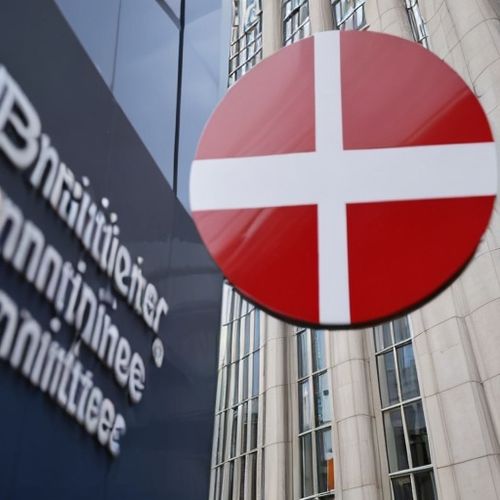
By Thomas Roberts/Apr 5, 2025
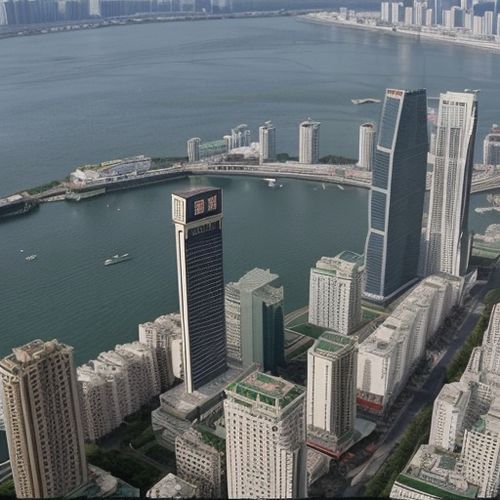
By Emma Thompson/Apr 5, 2025
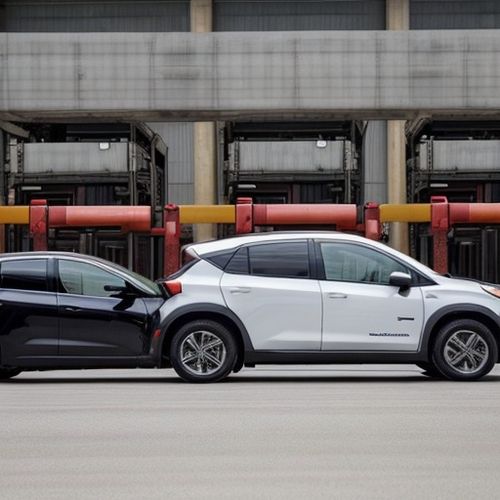
By Sarah Davis/Apr 5, 2025

By John Smith/Apr 5, 2025
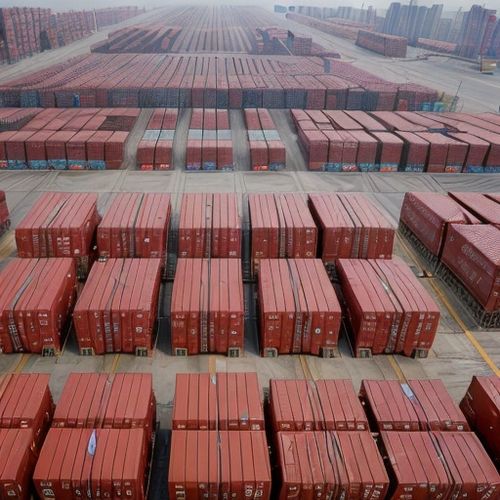
By Laura Wilson/Apr 5, 2025

By Christopher Harris/Apr 5, 2025

By Emma Thompson/Apr 5, 2025
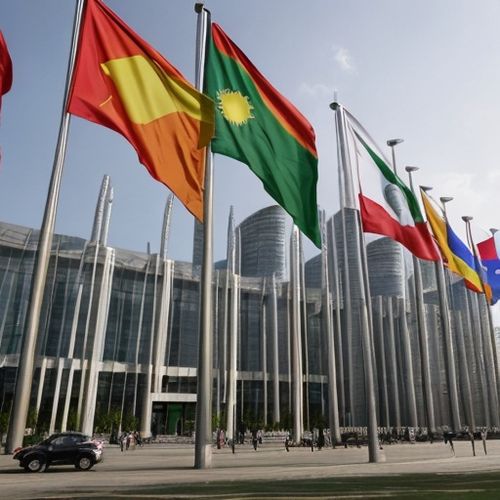
By David Anderson/Apr 5, 2025

By James Moore/Apr 5, 2025

By James Moore/Apr 5, 2025

By Natalie Campbell/Apr 5, 2025

By David Anderson/Apr 5, 2025
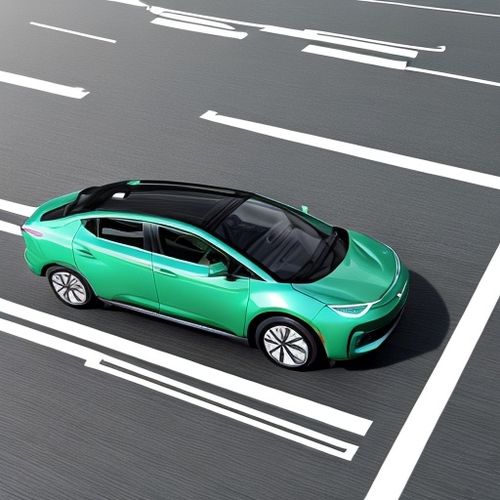
By Grace Cox/Apr 5, 2025

By Thomas Roberts/Apr 5, 2025

By Christopher Harris/Apr 5, 2025

By Michael Brown/Apr 5, 2025